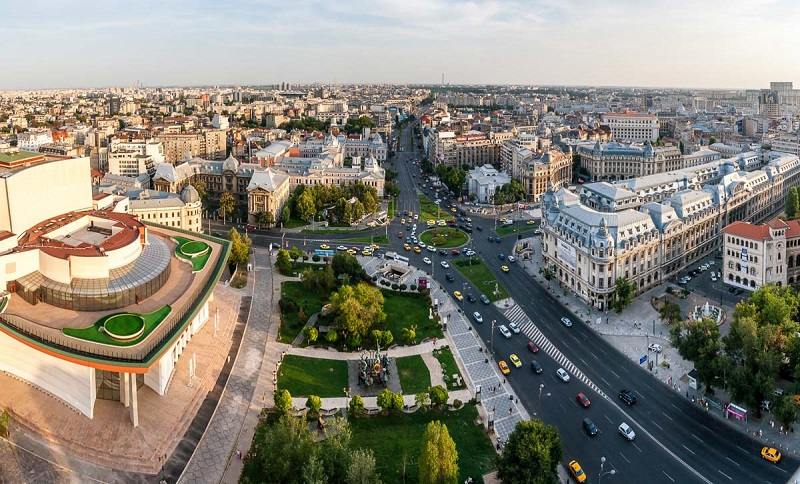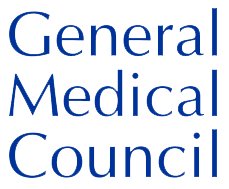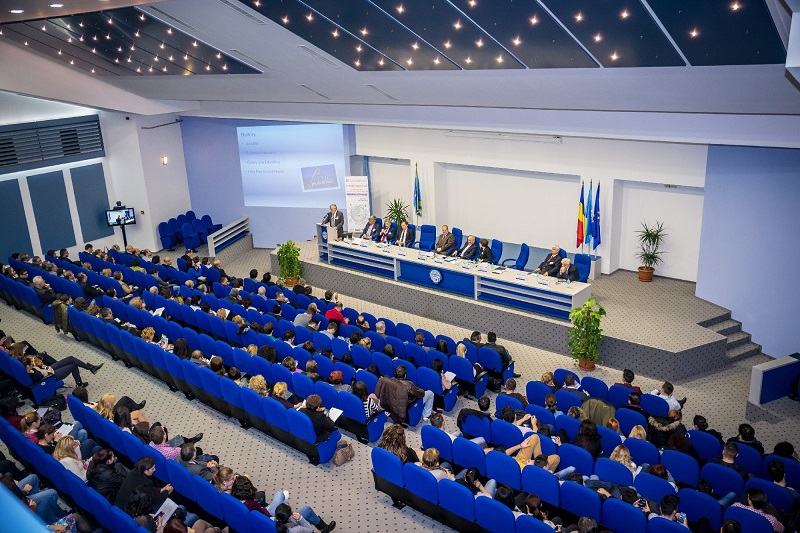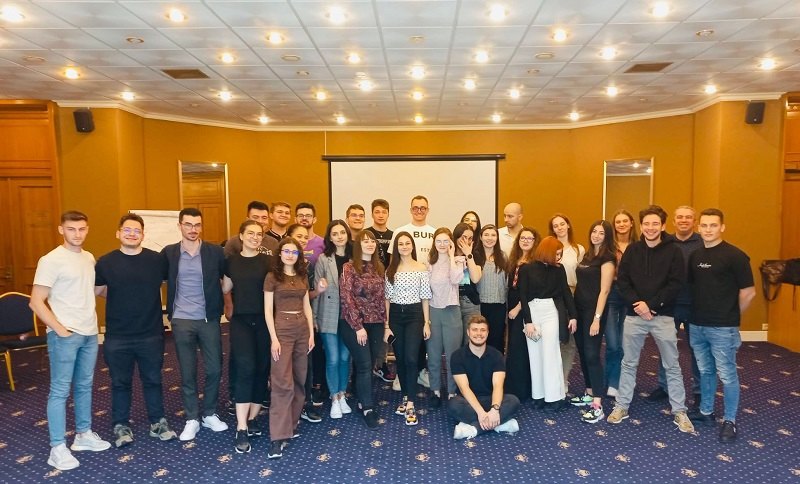Studying and living in Romania is highly affordable, especially when compared to other European states. Prices are close to a third of those in the UK. There are many services available to students in Romania that are cheaper than in other countries.
For private accommodation, food, utility bills, transportation, and other expenses, students typically spend between £330 - £420 each month. They also sometimes share flats and buy used books to save even more money.
On-campus housing at university hostels is available at all Romanian medical universities for about £40 per month. However, rooms are very limited.
International student safety in Romania
Romania is one of the safest countries for international students in Europe. There haven’t been any incidents to date. Furthermore, university campuses have their own community police officers on campus who provide 24-hour safety patrol and can advise students on safety and security matters. During the night, the university grounds are properly lit, and CCTV cameras help to ensure safety at all times















